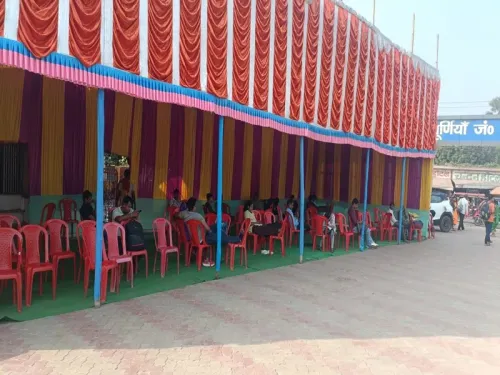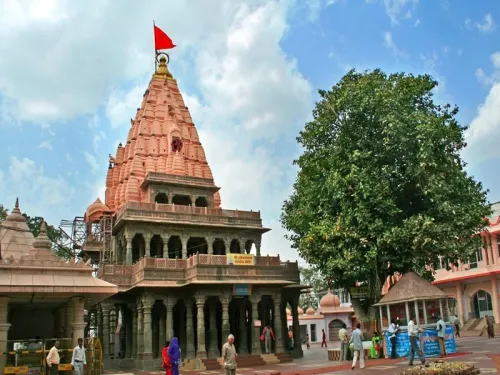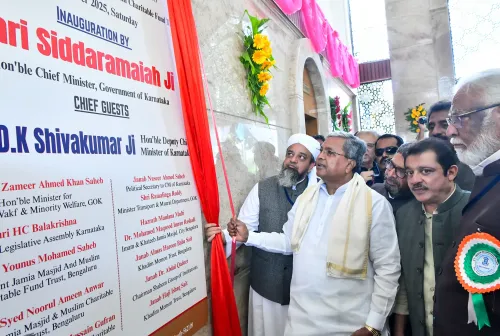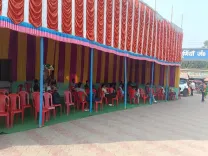How Prepared is Gujarat for Emergencies in Border Districts?

Synopsis
Key Takeaways
- Emergency preparedness is a priority for Gujarat's healthcare system.
- Focus on enhancing emergency response capabilities in border districts.
- Ensuring stockpiles of medications and operational medical facilities.
- Gathering detailed assessments of existing medical infrastructure.
- Heightened vigilance is essential given recent geopolitical tensions.
Gandhinagar, May 10 (NationPress) The Gujarat Health Minister Rushikesh Patel held a thorough examination of the state's medical readiness via video conference from Gandhinagar.
As a critical border state sharing land, sea, and air connections with Pakistan, Gujarat has implemented proactive measures to ensure its healthcare infrastructure is fully prepared.
The Health Minister urged officials to evaluate and enhance all essential medical services in the border districts, with a particular focus on emergency response frameworks.
He stressed the necessity of establishing advance arrangements, including sufficient stockpiles of medications, availability of hospital beds, operational ICUs, and a consistent blood supply.
Patel directed senior health officials to gather comprehensive, ground-level data on all existing medical facilities—from Primary Health Centers to district hospitals and medical college-affiliated institutions—to confirm their readiness to manage any crisis.
The meeting included participation from Health Secretary Dhananjay Dwivedi and other senior officials.
They collectively discussed the state's capability to handle any emergency situation, ensuring that all systems are alert, coordinated, and able to provide essential healthcare services promptly.
Patel further highlighted that all border and interior districts must uphold a high level of vigilance and operational readiness to respond swiftly to any escalation in tensions.
In a related incident, Pakistan launched between 300 and 400 drones in synchronized overnight assaults on Indian military installations across nearly 36 locations.
The attacks, which took place between the night of May 7 and 8, represented one of the most extensive drone offensives seen in the region.
At a joint press conference on Friday evening, Colonel Sofiya Qureshi confirmed the breach of Indian airspace and a series of coordinated incursions by Pakistani drones. "The Pakistani army made multiple attempts to enter Indian airspace across the western sector with the clear intention of targeting military infrastructure," she stated.
"In total, 300 to 400 drones were deployed to strike or infiltrate 36 locations, from the northern area of Leh to the southernmost section at Sir Creek," Colonel Qureshi added.









